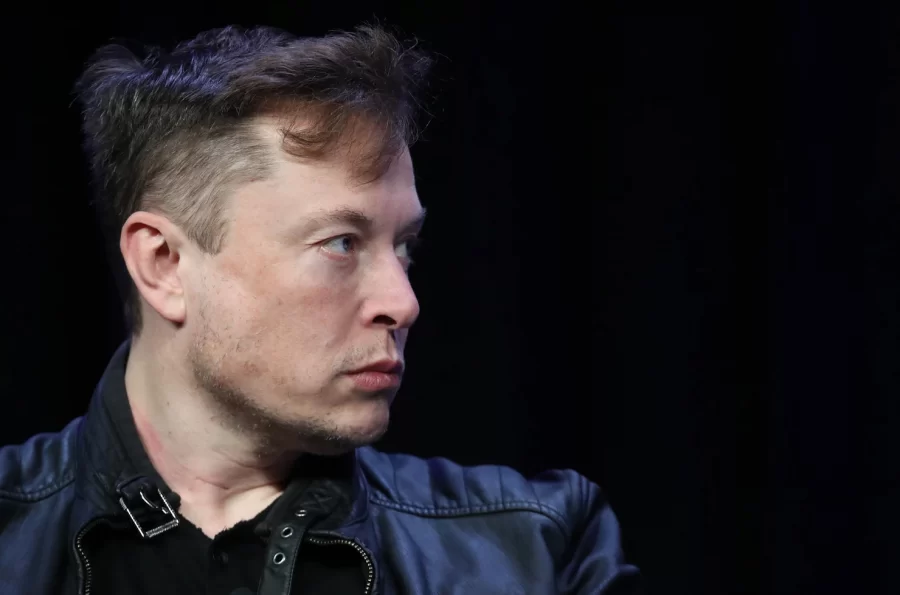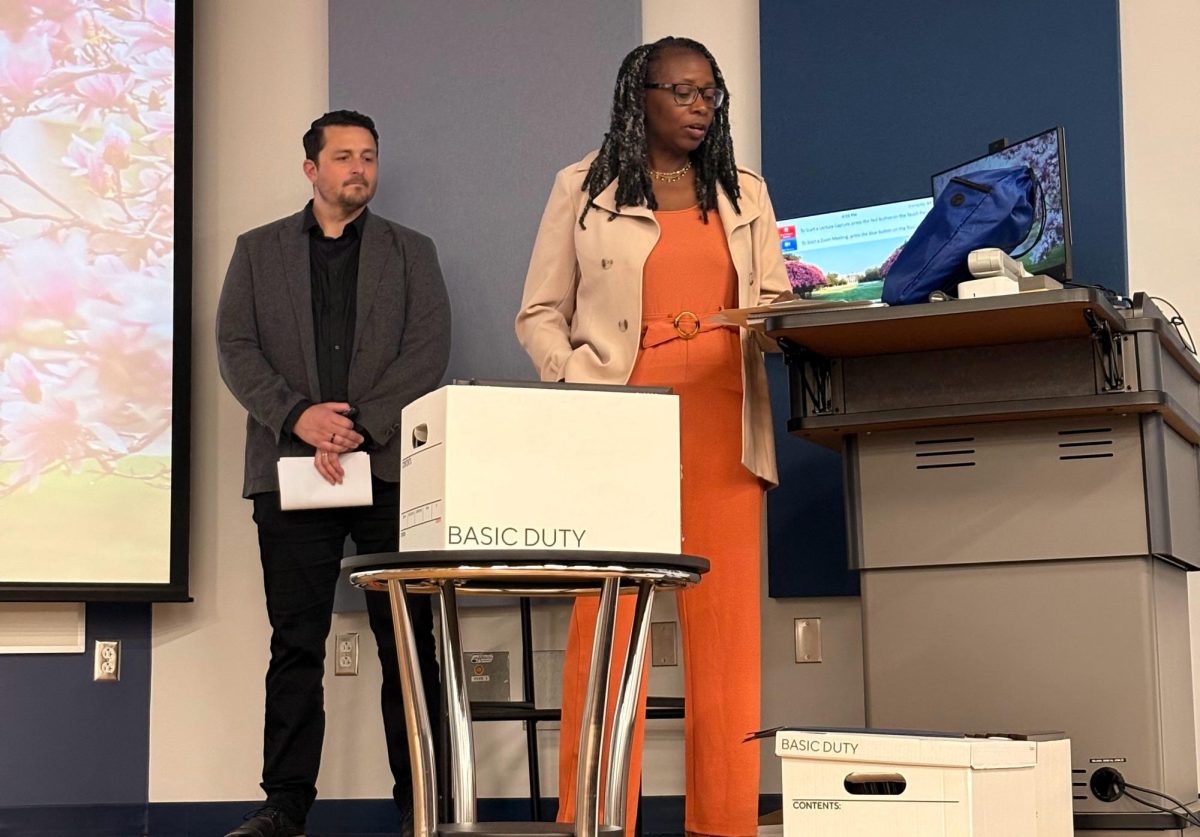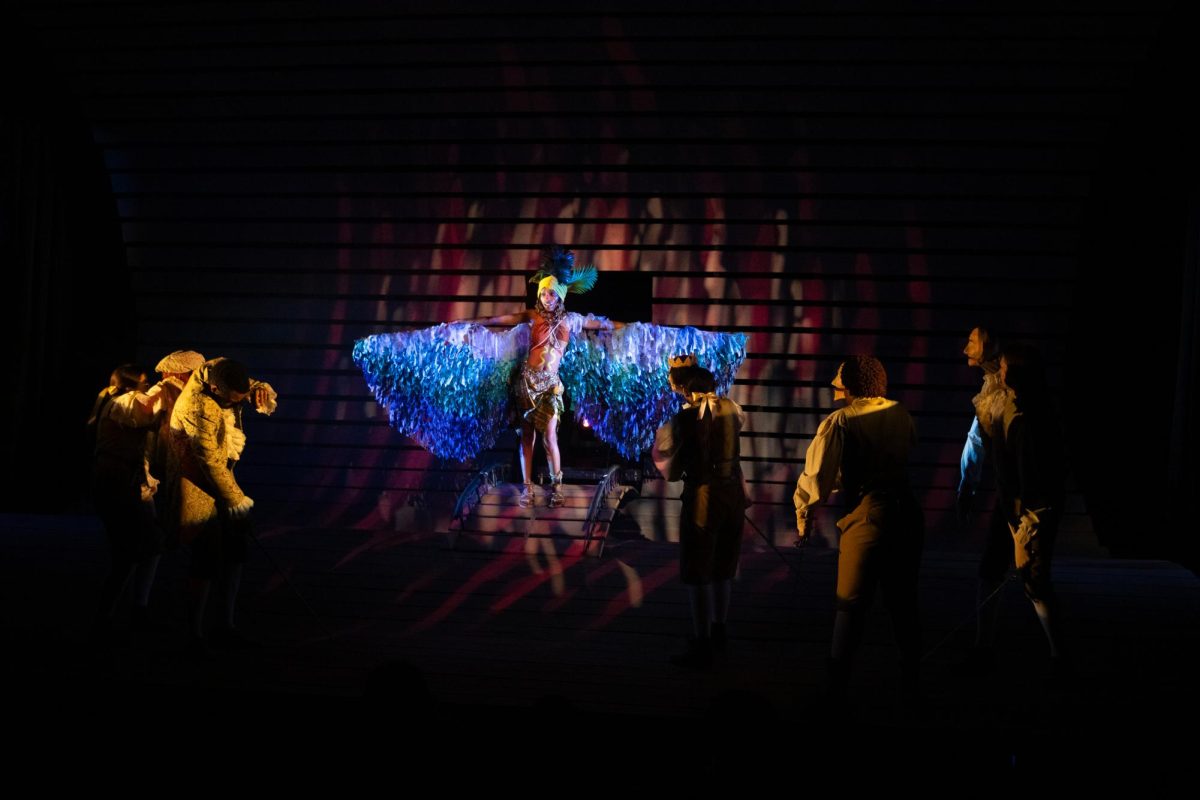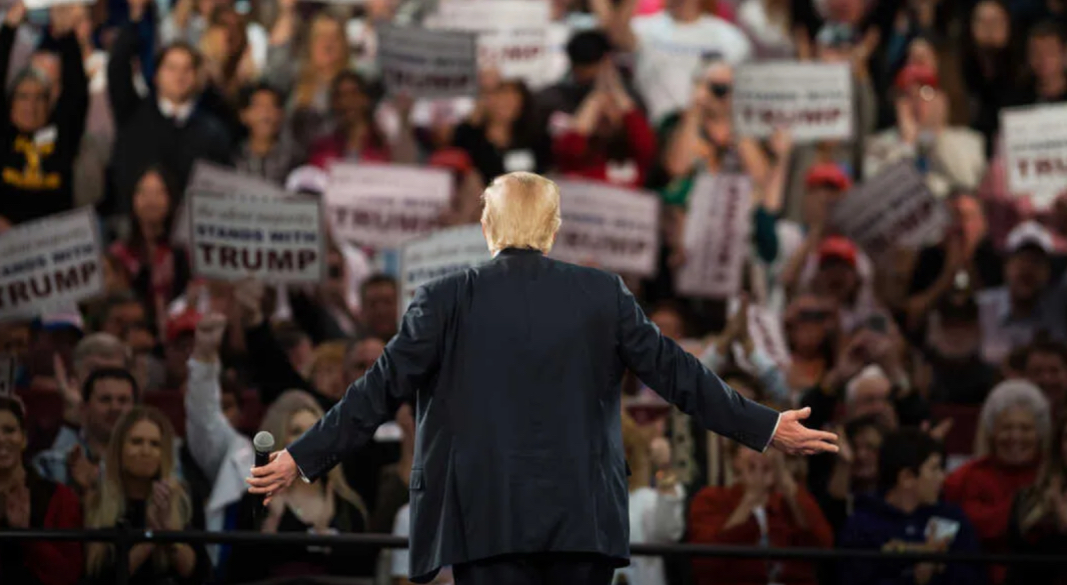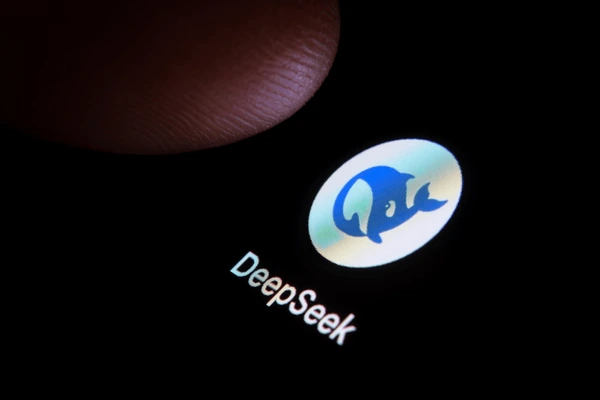Elon Musk’s COVID-19 Response Comes Under Fire
December 14, 2021
Originally published on April 8, 2020.
As the world continues it’s over four-month battle against COVID-19, many celebrities and notable individuals have lent helping hands to struggling communities.
From National Football League quarterback Drew Brees donating $5 million to the state of Louisiana, to clothing manufacturer Christian Siriano mass producing face masks and other medical materials to health care workers battling on the front lines. However, one individual who has come under fire during all this is eccentric tech mogul Elon Musk.
The SpaceX and Tesla CEO released a tweet on March 8 saying that his companies would shift production to make lifesaving ventilators needed to treat COVID-19 patients. However, many twitter users took issue with the wording of his tweet. Musk specifically wrote that he would produce the ventilators “if there is a shortage.”
At the time, hospitals in New York had already begun reporting that they were running low, or completely out of ventilators.
Musk has since tweeted that his Buffalo Gigafactory would reopen to produce ventilators “as soon as humanly possible”.
The Tesla YouTube channel also posted a video previewing a possible ventilator made from car parts. However, the video did very little to explain how they’re being produced or when they will be released.
In the meantime, Musk purchased and sent over 1,000 existing ventilators to the state of California.
He also sent some machines to New York as made evident by a tweet made by the New York City Health Systems twitter account on March 31. The tweet pictured hospital staff in Queens next to boxes of ventilators with Tesla stickers on them.
The problem with this donation in New York is that the machines aren’t the lifesaving COVID-19 ventilators at all, but rather BPAP machines to treat sleep apnea.
Whether or not these ventilators can still be used to help treat the deadly virus is up for debate. Kaiser Health News and The American Society of Anesthesiologists have reported that the machines could actually increase the spread of the virus by aerosolizing it.
On the contrary, the FDA has said that CPAP and BPAP machines can be used as alternatives to the more traditional and invasive and ventilators that hospitals are running low on.
Musk tweeted on April 2 that “all hospitals were given exact specification” on the donated ventilators, and “all confirmed they would be critical” before receiving them. A minute later he tweeted that delivery of the traditional ventilators in need would begin that night.


